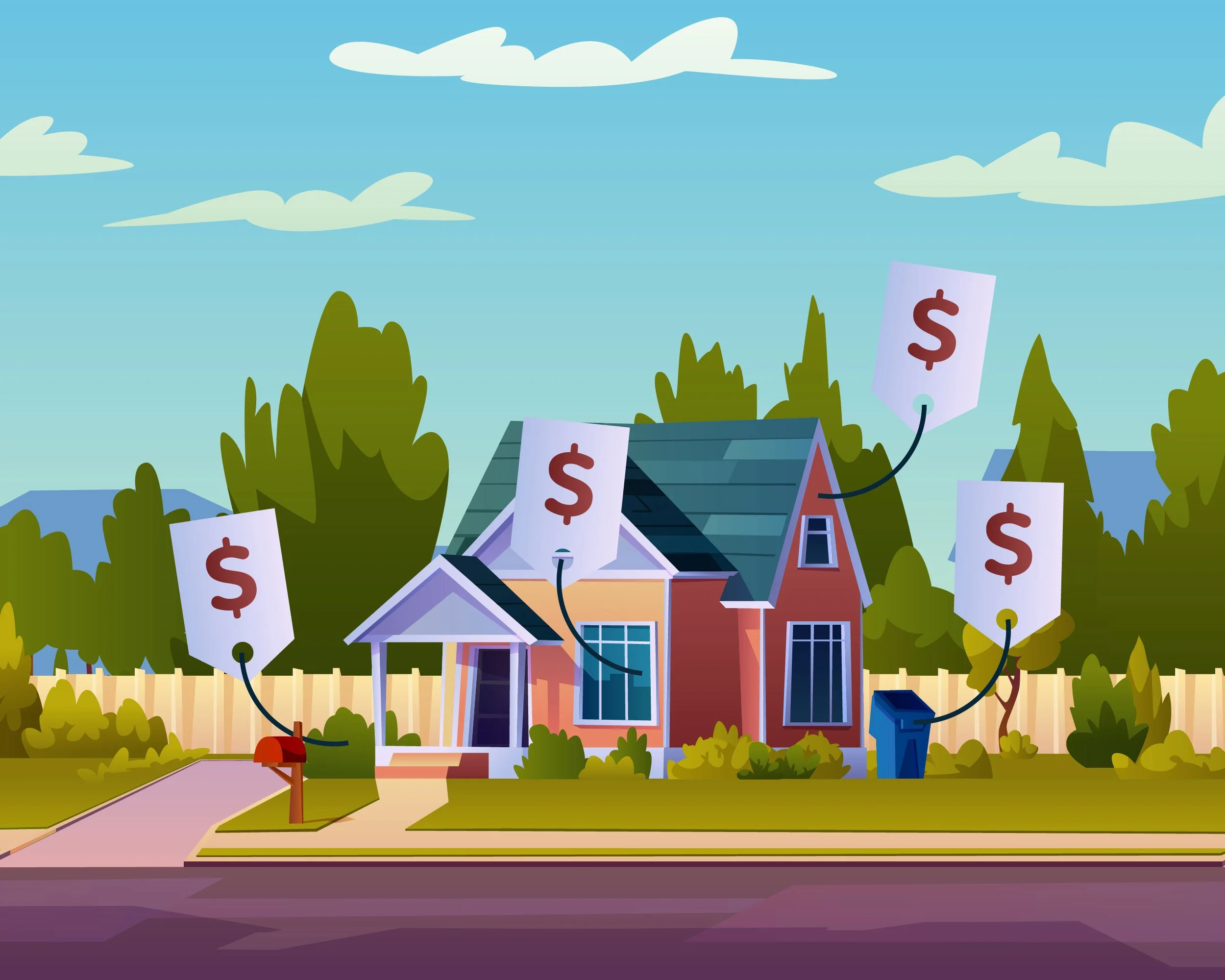This is an update on my blog post: We now work just two days a week! In the previous blog post, I talked about Jonny transitioning from being self-employed to working for someone else. In 2022, Jonny and I wrestled with the concept of him going to work for someone else as an employee. Given that many New Zealanders work for themselves or desire to, there is the misconception that you make more money and have more freedom when you work for yourself, and while this can certainly be true, it is not always the case
All in Saving
Paying in advance is a far more relaxing way to travel!
I wanted to share the exact costs of a holiday we took in January of this year when we went to Australia and took our first-ever cruise. I went in hugely sceptical of cruising, but I absolutely loved it. We holiday differently from some: Our holiday is fully paid for before we leave. Paying in advance is a far more relaxing way to travel, indeed, the ONLY way to travel, in my opinion.
We now work just two days a week!
This week I thought I’d give you a quick update on our work situation this year. I have mentioned it in passing, but I think it is worth putting more detail around it so that you know a little more about how Jonny and I work, what we earn, and that our unusual situation could be an option for you too.
Know the Retirement Savings Statistics and Then Beat Them
This week's blog post got started because I received a random Instagram message from KiwiSaver provider kōura asking me to sign a petition they have launched. Although I chose not to sign the petition, reading it did get me thinking about the gap in retirement savings between men and women and that tinkering with KiwiSaver legislation won’t really address two of the critical findings of an earlier report from the Te Ara Ahunga Ora Retirement Commission.
How to Take a Year Off and Not Starve
This week, there is intense talk about Jonny's career in our home. It has been a topic of discussion for some time now, but things are hotting up! I am encouraging him to make 2023 a “work optional” year. This blog post is not just about Jonny, though, I have a close friend contemplating the same thing, and I’ve spoken with many people of various ages and stages of life on my Phone A Friend calls who are considering a grown-up gap year too.
What is my saving and investing rate?
Recently, a question came in via email asking, “how do you calculate your savings rate, please, Ruth?”. I thought it was a question worth elaborating on with a blog post. First up, why even take the time to work out how much you are saving? Put simply, the higher your savings rate, the faster you will have saved up enough money to retire or make going to work entirely optional.
What does my home cost to run each week?
Today’s blog post is a follow on for all the non-homeowners who told me that they were curious about the expenses I incur for my own home, which you are missing out on by renting. There are a lot more expenses than just paying your mortgage. Knowing what owning a house costs ME might help you plan your future house purchase or make you even happier renting than you already were.
KiwiSaver and First Home - Invest For Both
With our house prices continuing to climb, more and more pressure is going on first home buyers to save up the large deposit they need to buy a house. This is hardly news to you I know and this blog post is not really aimed at those of you who are poised and on the cusp of buying your first home, instead, it’s aimed at your far younger children, siblings, nieces, nephews and friends who might also want to both buy a home one day AND retire.
Financial Peace in an Emergency
This blog post might be the quickest and shortest one I have ever written! My inbox has just received yet another round of invoices for payment. February has been a particularly expensive month with a number of invoices due for payment over and above what we would usually expect. Some we have budgeted for and had fully covered, others we had partially saved for or were out of the blue. For the unexpected expenses, I was faced with only one option really, to reach into our emergency fund and use that to pay the invoices.









